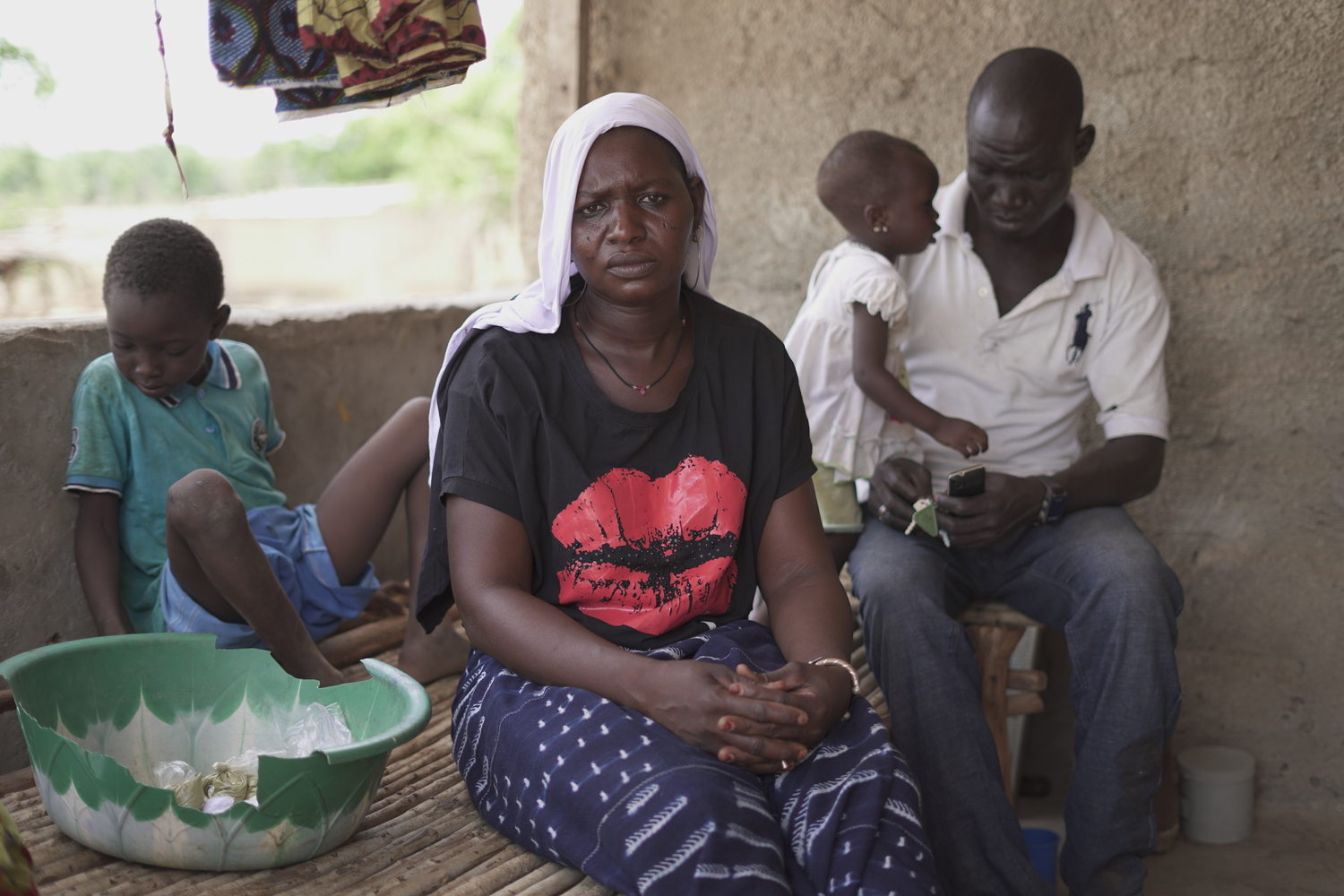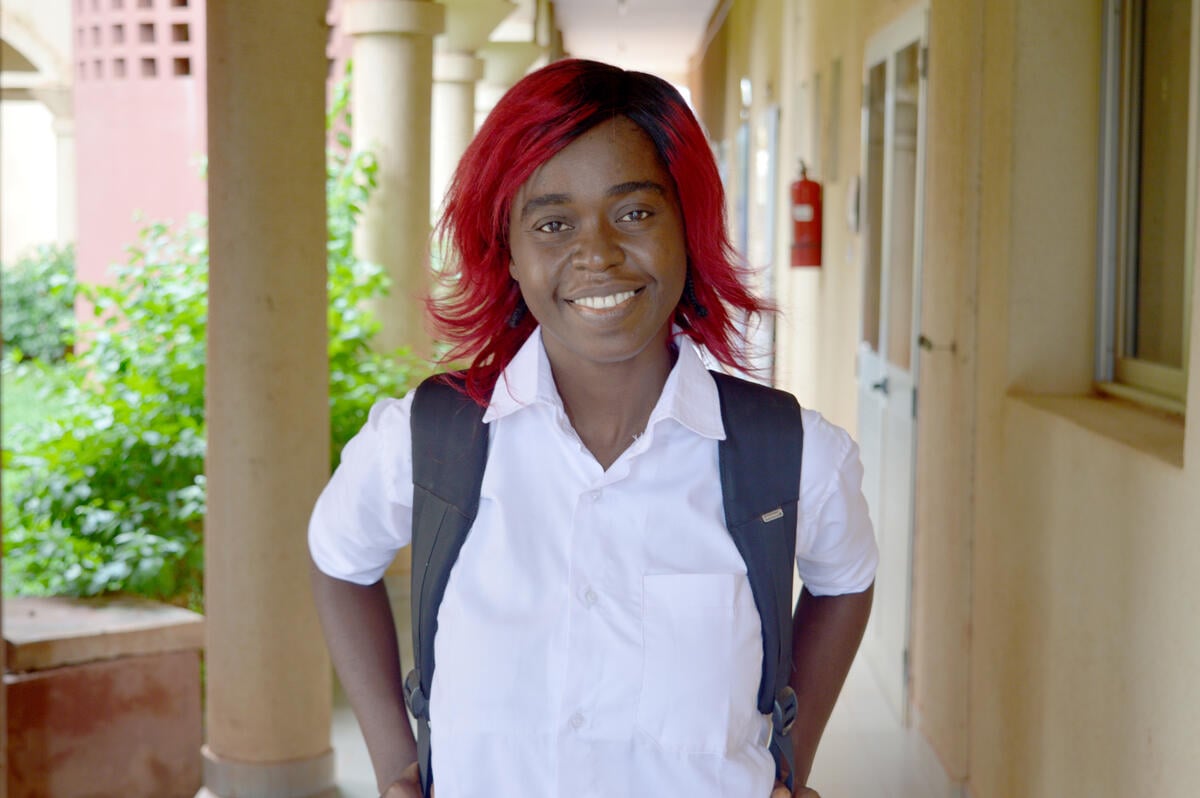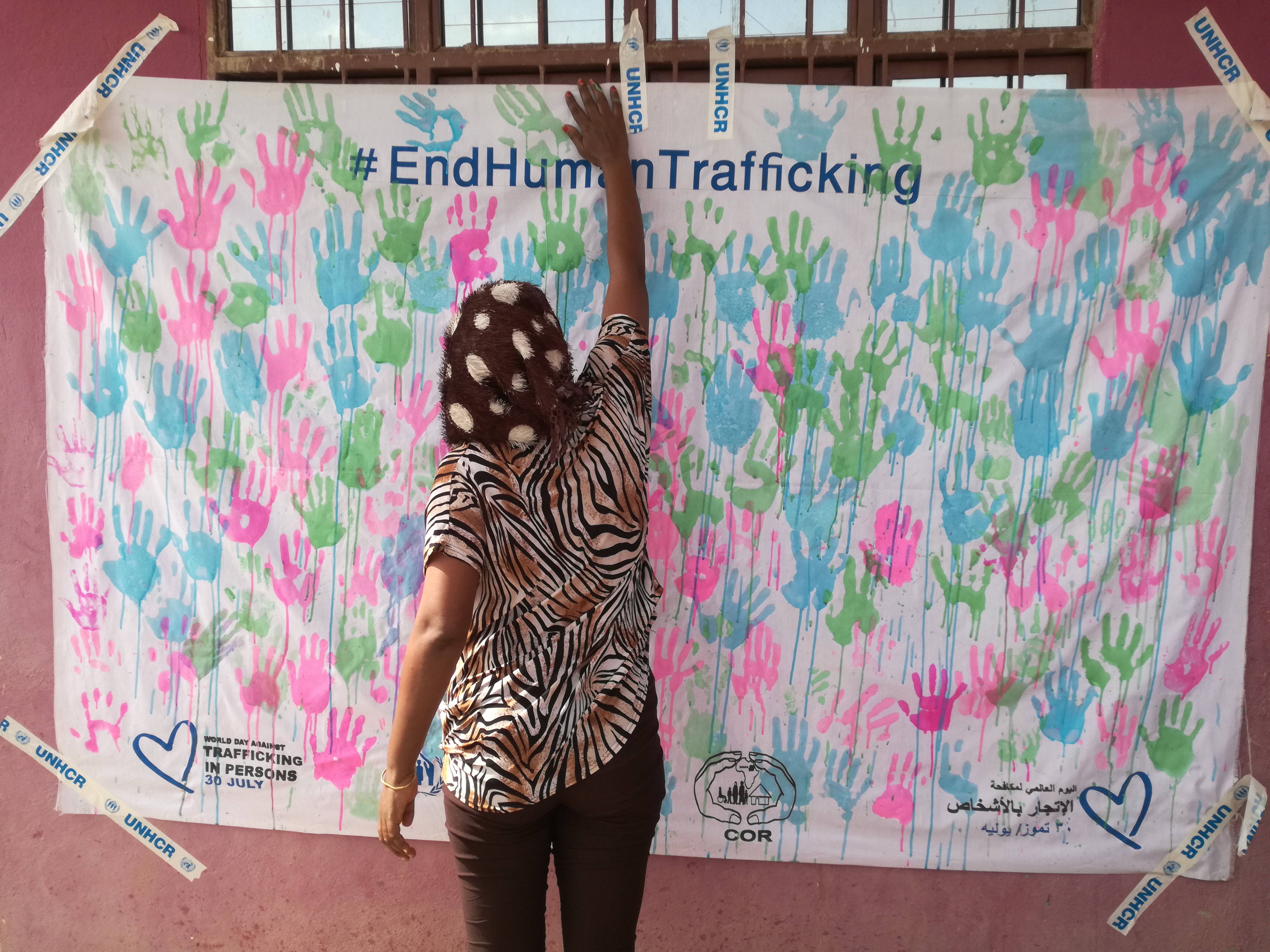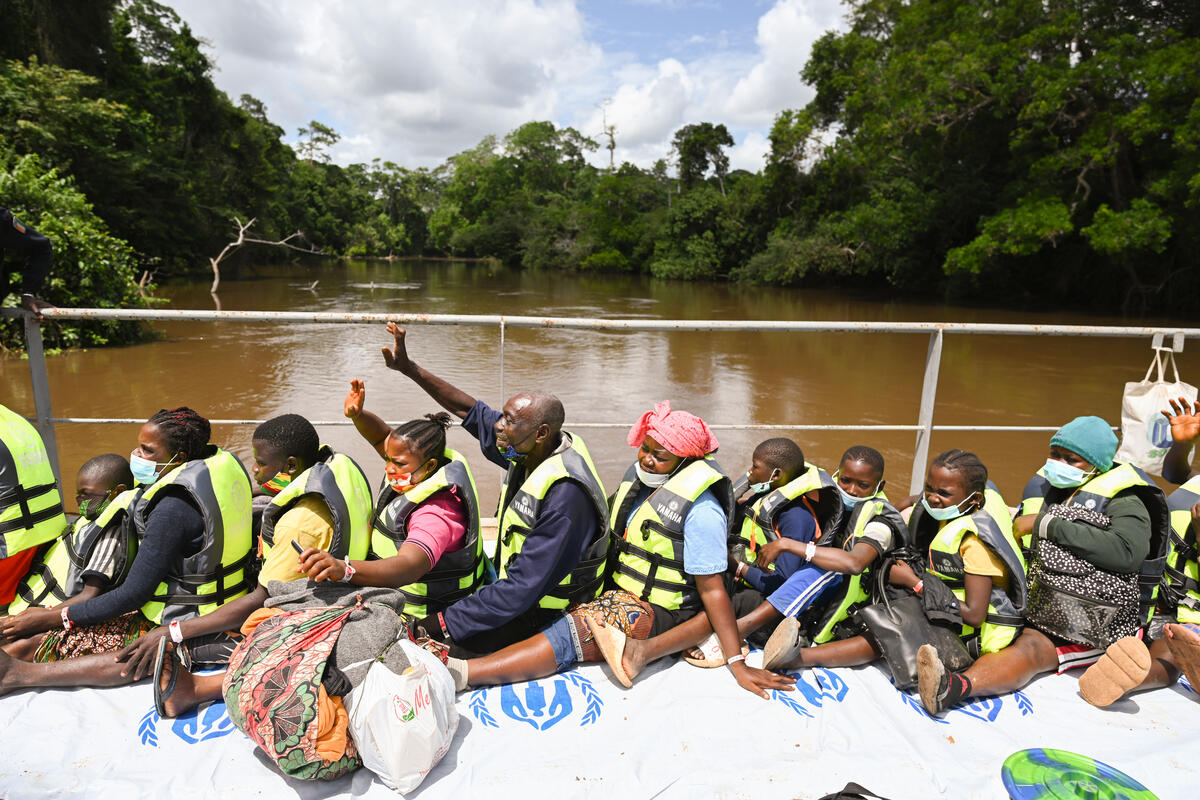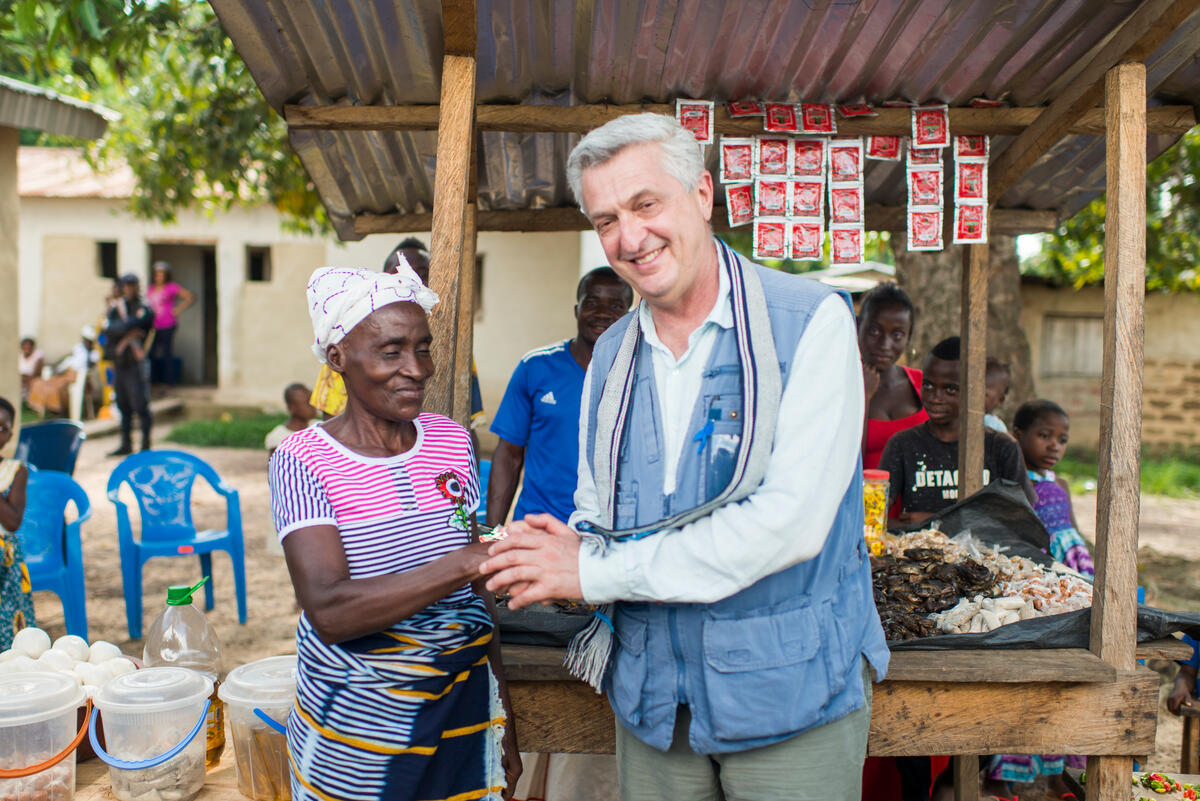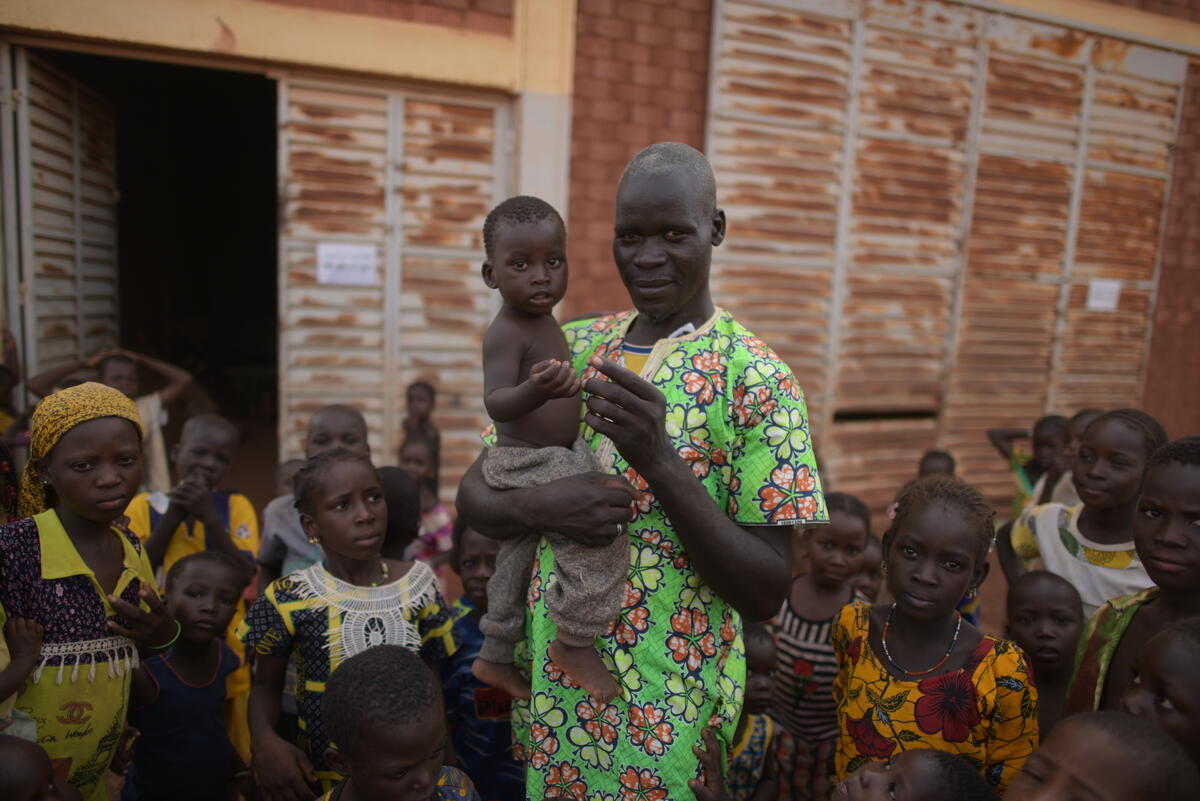More than 300,000 still displaced in Côte d'Ivoire; 200,000 remain overseas
More than 300,000 still displaced in Côte d'Ivoire; 200,000 remain overseas

ABIDJAN, Côte d'Ivoire, June 14 (UNHCR) - Some two months after the resolution of Côte d'Ivoire's post-election crisis, more than 300,000 people remain displaced across the country.
Over the past three weeks, UNHCR and its partners have registered 322,277 internally displaced people (IDPs) and the exercise is continuing. More than 200,000 Ivorian refugees remain in other countries in West Africa after fleeing violence that erupted between supporters of the rival candidates - Laurent Gbagbo and Alassane Ouattara - in last November's presidential poll.
The remaining IDPs are sheltered in special sites or with host families. Most are concentrated in the west (132,188), the north (62,676) and the country's commercial centre, Abidjan, (55,912) in the south.
They told UNHCR assessment teams that other people are still hiding in the bush. Local communities also told us that return conditions have improved in some of the areas that were worst affected by fighting. For example, in western Côte d'Ivoire's Zouan-Hounien and Teapleu areas, local communities are reporting significant improvements in the security situation.
By contrast, communal tensions are still high in the south-western Sassandra region. This was where more than 280 civilians were killed in early May by groups of mercenaries on the run from Abidjan. Many of the dead are buried in mass graves.
More than 500 houses and a pharmacy were destroyed in five villages. An estimated 17,000 people are displaced in that region, including an unknown number reportedly still hiding in the forest. Some of the IDPs are accused of having supported the mercenaries.
The continued presence of armed vigilantes is also preventing the return of these displaced communities. The UN refugee agency and its partners are finding new clusters of displaced people as they continue assessment visits around the country.
"We have been delivering food and basic relief supplies to these new IDPs while continuing to support existing IDP sites and host families," a spokeswoman said. "At the same time, we are building new IDP camps to better assist and accommodate those unable to go back home for the time being."

